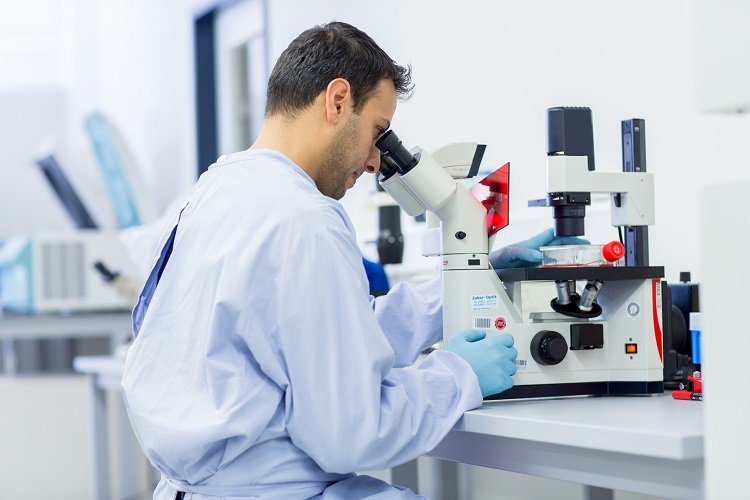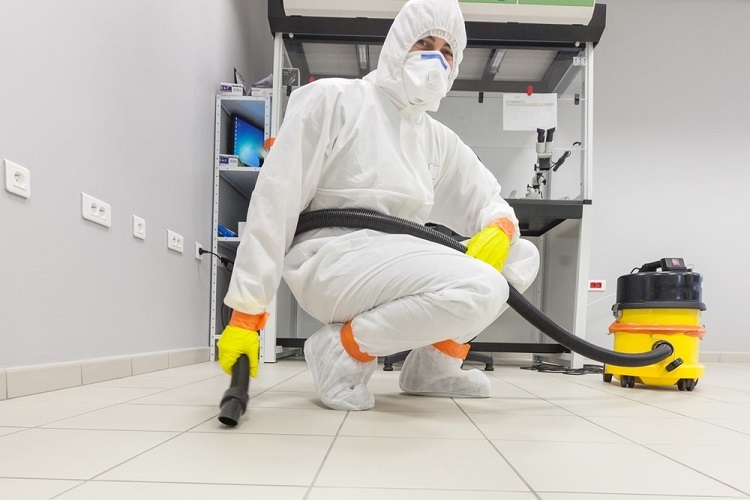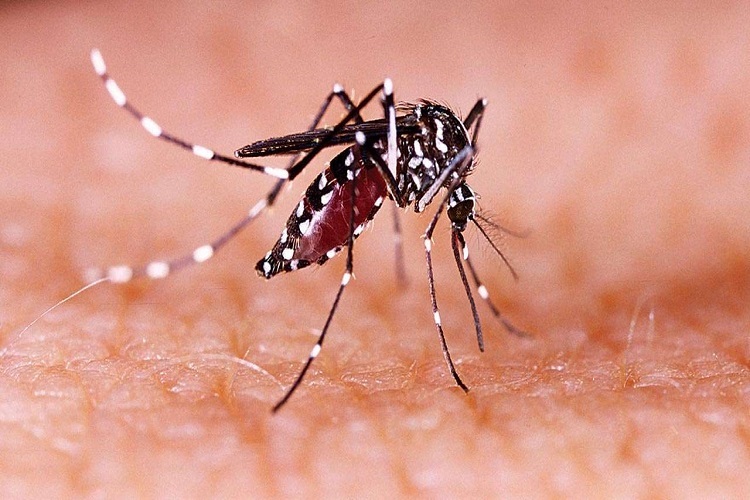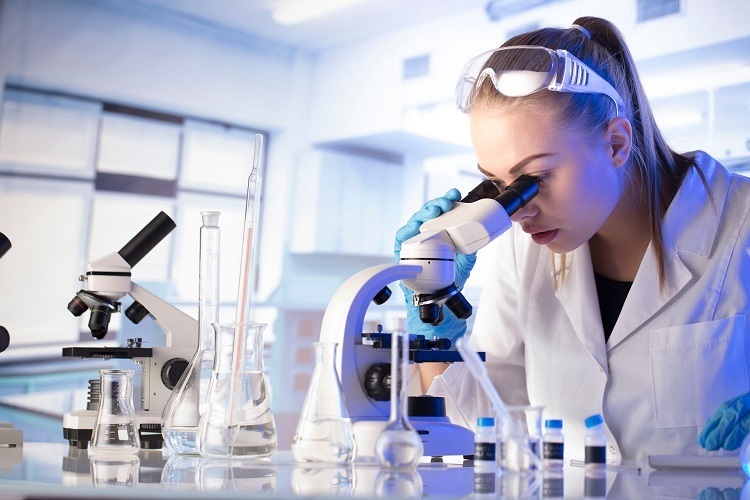Any person with an internet connection has heard stories about cancer-curing or fat-cutting natural products and extracts that pharmaceutical companies/doctors/etc. don’t want you to know about. While these ads are targeted at mostly vulnerable readers, there is a surprising truth behind this flood of clickbait.
Consider this: Nearly 75% of all approved cancer drugs were discovered from natural products. The majority of drugs prescribed for other diseases share this same trait.
Suffer from bruised muscles or maybe you’re on blood thinners? You can thank the Willow tree for inventing aspirin. Diagnosed with cancer? Chances are you’ll receive Taxol derivatives, originally synthesized by the Pacific Yew, or Adriamycin, from a soil bacteria. Despite these well-known stories, we see very few medicines today that was not cooked up in a lab. Get detailed information about the natural remedies for common heath-related issues, on this website: https://newshub4.com/
Table of Contents
Why?
A huge number of people still believe the conspiracy theory that pharmaceutical companies know of natural products and remedies that can cure a disease, but are deceiving us by only selling chemicals that they can make money on. On the other hand, scientists are completely dismissive of these “folksy” stories about medicinal remedies, and tend to stick with their established, peer-reviewed methodologies and organic syntheses. The truth is not so black and white as either side would make it seem.
For those conspiracy theorists, you must understand that a patent cannot be submitted on a natural product or extract. Even if a molecule were to have a tremendous ability to reverse some disease, if it was not patentable, it would never be pursued. An average drug takes $1-4 billion in testing to make it to the market. Without legal protection, anyone could begin selling the drug upon approval. It’s the equivalent of Apple designing the Ipod, then allowing anyone to manufacture and sell it. Businesses can’t operate that way.
The next problem is that natural products are hard to get. The FDA requires a complete chemical identification of any medicine that will be going into patients. Green tea extract cannot be approved unless every single component is known, requiring a full chemical characterization of every batch that must match identically to the original. This often requires that natural products be synthesized; a costly proposition for what some molds can do in a few minutes.
For these two reasons, natural products receive relatively little interest in the scientific community.
On the other hand, those scientists among us are foolish to outright reject millennia of trial-and-error medicine and cultural refinement. Especially when followup work has proven that some of these treatments have genuine effects. A chief example is Ayurvedic medicine – a system that has been developed and tested over 3000 years, and recommends bioactive molecules such as those found in turmeric. Despite this, the National Institute of Health’s web portal paints a decidedly negative view of Ayurvedic practice, often supported by the phrase, “not enough studies.” However, one does not simply discard 3000 years of evidence-based medicine outright.
Studying natural products has an even greater historical benefit – 2.5 billion years of evolution and optimization built into their molecular makeup. Most natural drugs we know have co-evolved with our own cellular machinery, resulting in highly specific chemical activity that cannot be beat by combinatorial chemistry.
Yet this issue is unlikely to resolve anytime soon. There are no clear lines of communication between the practitioners of natural healing and scientists in a position to research those chemicals.Furthermore, the incentives at both the academic and business levels are unlikely to become more accommodating to natural product research.
This leaves ordinary people in a bit of a pickle, as the only place for alternatives to Western medicines is the sometime murky world of dietary supplements. Without regulation by the FDA, people intending to treat themselves are left at the mercy of rumors, unsupported claims, and sometimes unscrupulous businesses.
Thorough, reviewed, and impartial information is the only guide that should be used for navigating the maze of dietary supplements. For that reason, we will be covering many common and uncommon supplements over the next few weeks. Leave us a comment about the natural products you would like reviewed.











